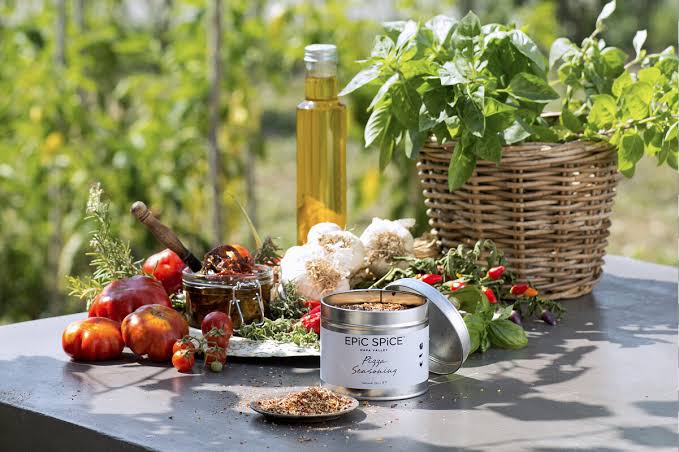Moses Efuntoye, a professor of microbiology, has issued a warning against using herbal products carelessly, pointing out that many of them are harboring microbes resistant to antibiotics that are extremely dangerous for human health. He lamented the fact that many Nigerians are being forced to seek herbal remedies as an alternative due to the global economic slump and rising medical expenses.
The professor of microbiology remarked at the 116th inaugural lecture of Olabisi Onabanjo University in Ago Iwoye, Ogun State, stated that numerous investigations have revealed that many of these herbal medicines include fungal mycotoxin, which not only increases antibiotic resistance but also has the potential to be fatal.
The microbiologist defined mycotoxin as a poisonous material made by fungi that can infect and kill humans as well as other animals. It is a substance that is present in herbal remedies.
The amount of mycotoxin found in the unrefined herbal items across many trials “indicates that the drugs were appropriate for the elaboration of mycotoxin,” It follows that using some of the natural medications that are currently available in our markets requires caution.
According to the professor, bacteria may now establish “cooperative societies” to withstand the effects of antibiotics by assembling into multilayer structures called biofilms, which are composed of many types of bacteria and are particularly common on medical equipment.
The microbiologist, who was addressing the topic of “The Triad of Toughness, Tenacity, and Tameness in the Tale of Antibiotic Resistance,” cautioned that certain insects, fish from ponds, swimming pools, and other herbal products that were being used in many areas of the southwest were potentially harboring antibiotic-resistant bacteria.
He emphasized that the fight against antibiotic resistance may never be overcome and voiced concern about the financial cost of antibiotic resistance on a national and international scale.

